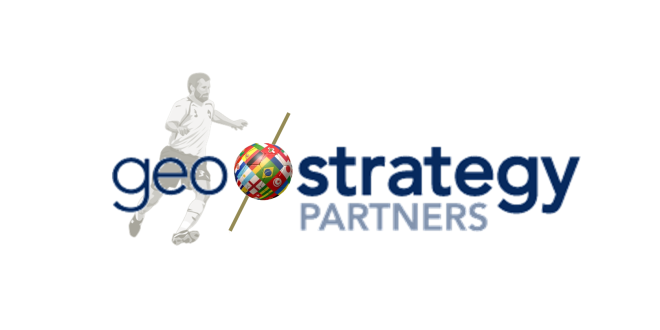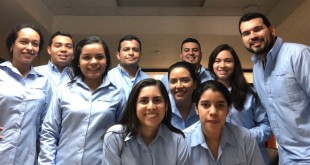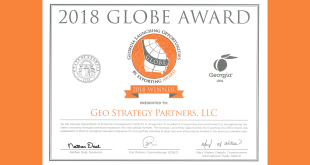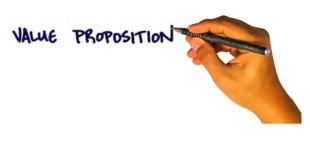Like business, soccer success requires more than luck and willpower. It requires long-term strategy, short-term tactics, talented people, intimate knowledge of the competition, and excellent execution. This is exactly what the German National Team did.
Select lessons from the German National Team
Develop the talent
The long-term vision started (as many do) with a crisis: embarrassment at EuroCup 2000. Since that time, the German Football Association has been investing for the long-term. They called in Jürgen Klinsmann to coach the National Team. A talent development and teamwork Jedi Master, Klinsmann taught everything he knew to his assistant, Joachim Löw. When Löw got the call to coach the National Team in 2006, the one-time VfB Stuttgart coach had been out of work for three months. Hungry for success himself, Löw took on a team hungry for success. Löw learned his lessons well: he built a mix of high-performance experienced athletes and promising talented junior players. Miroslav Klose at 36 played his fourth World Cup and became top World Cup scorer of all time. Mario Götze, replacing Klose in the final match and scoring the only goal against Argentina, is 22: this was his first World Cup. While German team has many talented athletes, there is no star like Cristiano Ronaldo (CR7) or Lionel Messi. Germany is a team in every sense of the word. Each player knows his role, they work together… when an organization works efficiently and effectively it’s thing of beauty.
Like a soccer team, a business needs diversity of skill sets, roles, and demographics to exchange expertise and to constantly renew the spirit of the company. Talent acquisition, development and retention is not easy or fast: it takes time to find the right person and commitment to make that person a productive stakeholder. As obvious as that seems, companies occasionally forget their success is dependent on good people.
Learn from your competitors
The German Football Association meticulously studied the competition. Competitors understood, concepts learned, roles defined, the team under Löw developed an authentic style that was both world-class and uniquely German. Löw set clear objectives for his players: he knew how many goals they needed and how many they could expect to have scored against them. He defined what was expected from each of his players, and how they would attack and defend against each opponent. Can we say the same about our company?
Excellence in execution and flexibility when the going gets rough.
While the training was rigorous and disciplined, players were taught to be strategically flexible: adapting in the field if necessary. Flexibility shows clients you understand their needs and respond appropriately. If you’re not flexible, your competitors will be.
Be open. Tell good stories.
Unlike other teams, Germany was wide open to interviews and comfortable and relaxed in them. Teammates trained hard, explored local culture, had fun, were respectful and stayed humble. Because of that, they gain respect from all quarters. Social media was used to share the team “personality.” In the first half of the competition, Germany was elected the most enjoyable team of the competition. Even after beating Brazil, they won host support for the finals- before knowing the finals would pit them against Argentina, Brazil’s friendly enemy. Success in digital marketing requires interesting content, respect, and fun. They nailed it.
It’s time to learn from the champions…
http://tv.dfb.de/video/obrigado-brasil/9036/
Janaina Gilsoul, Geo Strategy Partners Consultant
 GeoCache Where you are… Where you need to be… How you get there
GeoCache Where you are… Where you need to be… How you get there






